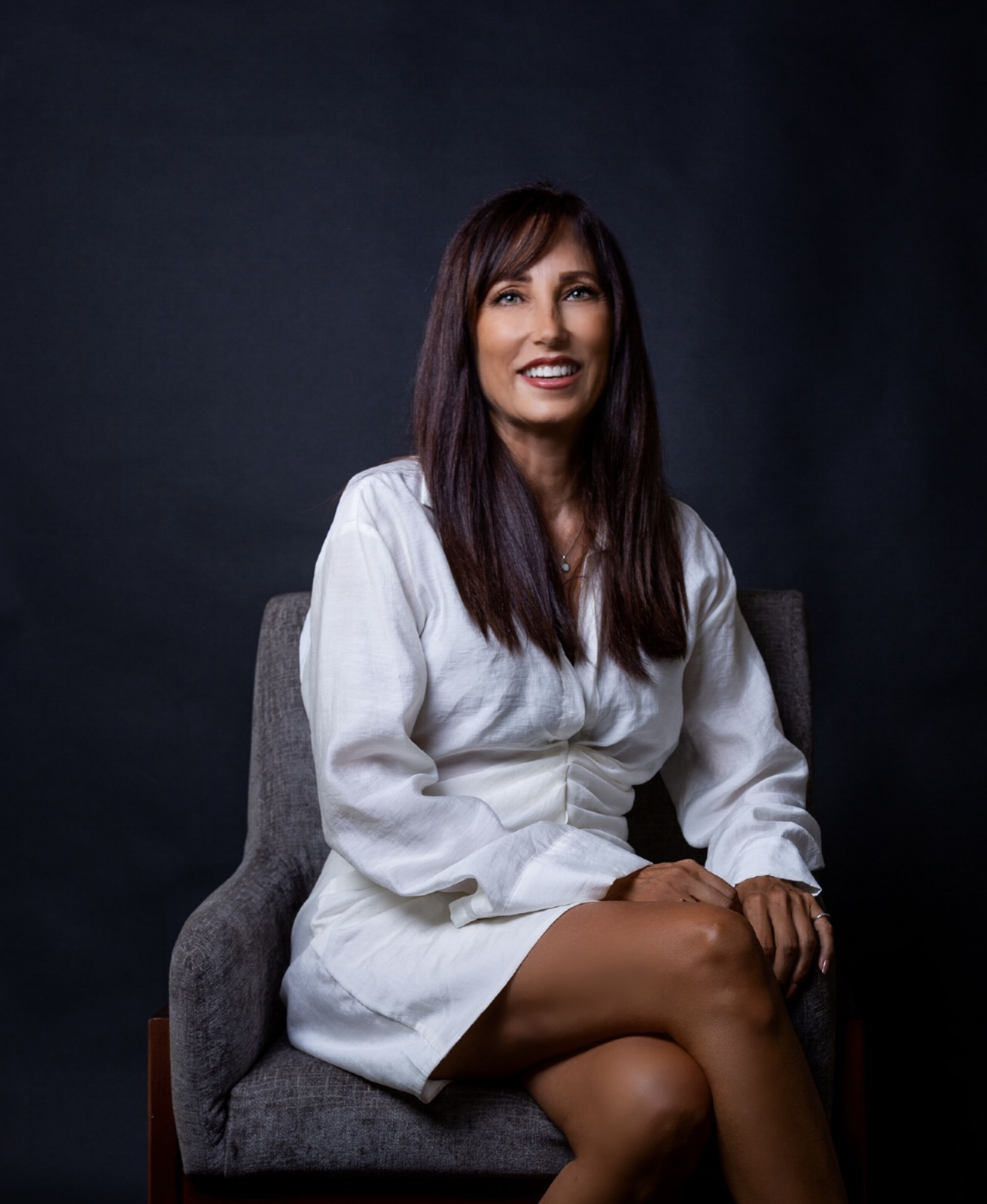Mexico’s Biometric Rollout and the Future of Sovereign Living
- Mandy

- Nov 1, 2025
- 3 min read
Updated: Dec 12, 2025
Series: Nowhere To Run, Part 2 - Is Mexico Becoming The Next Canada? 🇨🇦

The news about Mexico’s new biometric ID system didn’t surprise me. What did surprise me was how fast it arrived.
We always knew digital identification, biometric banking, and data-linked infrastructure were coming. What few expected was that Mexico would become one of the early adopters. The new CURP reform will no doubt eventually connect fingerprints, facial scans, and other biometric data to banking, health, education, and government records. It’s being framed as modernization, but it also brings centralization and with that, new questions for anyone who values privacy and personal control.
The reality check:
If Mexico is moving toward a surveillance-based infrastructure, there won’t be many untouched places left to run to. Digital identity programs are expanding worldwide.
Until now, the real solution has been escape, finding freer jurisdictions, new residencies, and new systems to live within. But we’ve reached a pivotal point where relocation is no longer the most effective path. The next phase isn’t about running. It’s about evolving, adapting, and building sustainable independence wherever we are.
My own pivot:
I’m staying here. The climate works for me. My network and community are here. I’ve built a business here that helps others find property and independence here.
What I won’t do is participate in systems that demand biometric enrollment for basic life functions. That means my focus has shifted even more toward off-grid living, borderless earning, and sovereign structuring.
I call it Plan C, the plan for when physical relocation stops being the answer.
Here’s what that looks like in practice:
Off-grid living: Building and selling properties that operate independently of central utilities. Solar, water collection, and self-sustaining food systems turn a home into a base of freedom.
Borderless income: Earning through trading, investing, and digital enterprises that aren’t tied to one jurisdiction. You decide where and how you operate, rather than letting a centralized system decide for you.
IBC structures: Holding assets and revenue through an international business corporation allows you to manage where you pay taxes, how you bank, and under what rules you function, legally and strategically.
Community: Building networks of people who share values and solutions instead of fear. Sovereignty is stronger when it’s supported by others walking the same path.
Global positioning:
Because my real estate brand operates internationally, I’m positioned to help clients acquire property anywhere they choose through trusted partners in Nicaragua, El Salvador, Panama, Belize, Honduras, Dubai, Indonesia, and beyond. I can help you relocate, diversify, or expand globally if that’s what serves your strategy.
But I’ve been saying for some time now: running is no longer the answer.
Every jurisdiction will eventually integrate into the same digital frameworks. What matters most is structure, not geography. The goal isn’t to outrun the system, it’s to design your life in a way that functions independently of it.
What this means for investors:
If you’re considering real estate in Mexico, this doesn’t have to mean stop. Mexico or elsewhere, it's time to plan smarter. Own tangible assets. Prioritize land, water, and food security. Choose locations that can function if centralized systems falter or become intrusive.
The beauty of Mexico remains: the climate, the land, the community. The opportunity is still real. The difference is in how you design your lifestyle and ownership structure.
Expansion:
This is exactly why I built The Trinity Protocol™, a complete framework for financial, structural, and psychological sovereignty. It’s where I teach the same tools I use myself: sovereign wealth building strategies, borderless systems, emergency preparedness and succession planning for a new world.
The Trinity Protocol is for those who understand that freedom isn’t a location, it’s a structure. It’s the education that keeps you informed, calm, and capable as the world shifts around you.
Get on the waitlist here: https://www.sellingfreedom.mx/unlocktrinity
Moving forward:
We can’t control how fast governments roll out digital systems, but we can control how we live inside them. We can own our land. We can secure our income. We can decide which systems we opt into and which we quietly build around.
Mexico’s biometric rollout marks a new chapter. For me, it’s confirmation that the work we’ve been doing all along was the right path.
From here forward, my focus is on helping people build real, lasting independence through property, structure, and education. Freedom is something we design. And while the systems may keep changing, that principle doesn’t.





Comments